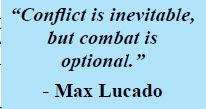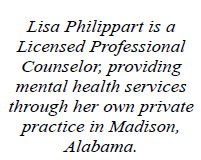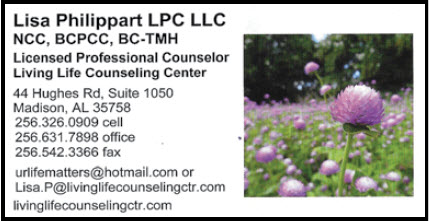 By: Lisa Philippart
By: Lisa Philippart
Of all the things that make people unhappy, being in a high-conflict romantic relationship has to be one of the worst. Many of us are admirably motivated to “make the relationship work,” but don’t really understand why there’s so much conflict and pain in the relationship despite our best efforts. In this article, we will look at the possible root causes of conflict, many of which are psychological in nature. Whether you’ve been married for 30 years or dating for 3 weeks, you can create a more satisfying and intimate relationship by learning to see and confront the real causes of conflict.
 One reason you may experience relationship conflict is that you are trying to fix your partner’s feelings. No matter how painful, emotions like sadness or anxiety are not problems. When you treat someone’s feelings like problems, it’s invalidating. It makes them feel bad for feeling bad. Of course, how your partner feels is ultimately his/her responsibility, not yours. But you can be most helpful by letting your partner know that it’s okay to feel whatever they are feeling, instead of trying to fix it. Painful feelings are experiences to be validated. I know this is difficult because most of us grew up learning that it’s not okay to feel bad…that if we feel bad, we are bad. So, get in the habit of reminding your partner that it’s okay to feel whatever they are feeling.
One reason you may experience relationship conflict is that you are trying to fix your partner’s feelings. No matter how painful, emotions like sadness or anxiety are not problems. When you treat someone’s feelings like problems, it’s invalidating. It makes them feel bad for feeling bad. Of course, how your partner feels is ultimately his/her responsibility, not yours. But you can be most helpful by letting your partner know that it’s okay to feel whatever they are feeling, instead of trying to fix it. Painful feelings are experiences to be validated. I know this is difficult because most of us grew up learning that it’s not okay to feel bad…that if we feel bad, we are bad. So, get in the habit of reminding your partner that it’s okay to feel whatever they are feeling.
 Another reason you may have conflict in your relationship is that you have a hard time just listening. Stop talking when the other person is talking. For example, when your spouse is criticizing you for something, you instantly get defensive and start listing all the reasons why you are right and they are wrong. I do acknowledge that it takes a lot of humility and patience, but you could simply listen and try to see if there’s any truth in what they are saying. Or your partner is describing how bad they feel, and you pepper them with advice and suggestions for what they need to start doing differently to feel better. People who are suffering often want connections more than solutions. Please don’t assume that more information is always the solution.
Another reason you may have conflict in your relationship is that you have a hard time just listening. Stop talking when the other person is talking. For example, when your spouse is criticizing you for something, you instantly get defensive and start listing all the reasons why you are right and they are wrong. I do acknowledge that it takes a lot of humility and patience, but you could simply listen and try to see if there’s any truth in what they are saying. Or your partner is describing how bad they feel, and you pepper them with advice and suggestions for what they need to start doing differently to feel better. People who are suffering often want connections more than solutions. Please don’t assume that more information is always the solution.

I know it is difficult to talk about how you really feel, especially if the feeling is painful or embarrassing. And it’s even harder to talk about how you feel if you have a history of being shamed or attacked for talking about how you feel. But neither of those changes the fact that you can’t build more intimacy and trust in your relationship without being willing to talk about how you feel. If you really believe that it is, and always will be, unsafe to express your feelings, maybe you shouldn’t be in that relationship at all. But if there is at least a chance of things getting better, both partners have to start trusting each other with their feelings. Sit down and talk about it plainly…making a commitment to respect each other’s feelings whenever they are expressed.
By: Lisa Philippart
Licensed Professional Counselor









 June 20, 2025
June 20, 2025



